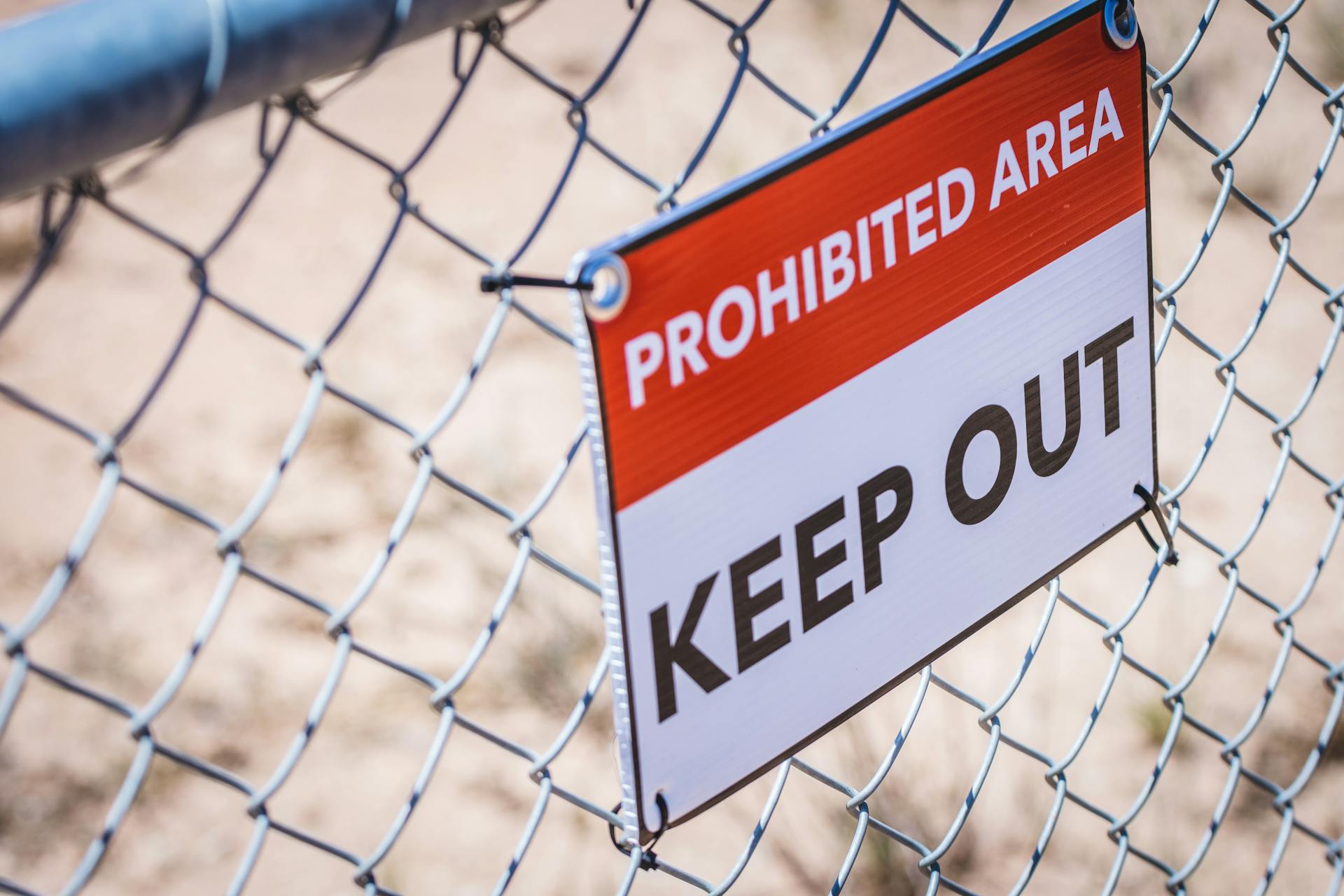Parties often seek to lodge a caveat over another person’s property claiming a caveatable interest.
A purchaser may lodge a caveat to stop the vendor from selling the land to somebody else.
A caveat is a written warning, or entry made in a register, to stop certain land dealings without notice being given to the person who lodged it (the caveator) and/or without the caveator’s agreement.
A caveat tags the land and it is like an injunction to show that someone has an interest in the land.
Normally a creditor would have a caveatable interest. This however would depend on the circumstances.
Whether or not a caveat can be lodged on a property depends on the facts of each matter. The following cases deal with situations where caveats were lodged and how the Court dealt with these issues.
Nittis v Nittis [2007] NSWSC 1407
1 November 2007
These were proceedings for the withdrawal of a caveat. The property was the subject of a contract of sale with settlement booked for the day after the proceedings. The Defendant submitted that there was a bitter matrimonial dispute between the Plaintiff and the Defendant over the property. This was the third caveat lodged by the Defendant over this property. The interest claimed was an equitable interest pursuant to Family Court proceedings. The Court indicated that the estate or interest claimed was prima facie, not a valid equitable interest in the land. Furthermore, as the caveat was on identical terms to the two earlier caveats, the provisions of s 74O of the RPA were attracted. Section 74O indicates that where a caveat has lapsed and the same caveator lodges a further caveat in respect of the same estate, interest or right the caveat has no effect unless the Supreme Court has made an order giving leave for the lodgement of the further caveat. The Court indicated that the present caveat was without effect and without justification. Therefore the Court ordered the withdrawal of the caveat.
Surfers Paradise Coaches (Qld) Pty Ltd v Tsu Chan Lin [2007] NSWSC 475
3 May 2007
The case concerned an application to extend a caveat or, alternatively, for an order pursuant to s 74O of the Real Property Act 1900 (NSW) that the Plaintiff have leave to lodge further caveats. The caveatable interest was pursuant to a deed of personal guarantee not a proprietary interest in subject properties. However, there was a difficulty in identifying what caveatable interest was created by the deed as the deed failed to contain express words of a charge. It recited that the Defendant had given a personal guarantee of the stated debt and also recited that the guarantee was to repay the debt upon the sale or the financing of the subject properties.
The Court indicated that it was doubtful whether the recital evidenced an agreement to pay the debt out of the proceeds of the sale or financing of the properties. Furthermore, even if it did, such a promise would not create an interest in the properties themselves. Additionally, it was found that the terms of deed rebutted any implication that an agreement to allow lodgement of a caveat created a proprietary interest by way of a charge. Therefore, the notice of motion was dismissed with costs.
Rosendorff Lawyers Can Help
These legal nuances underscore the significance of seeking professional guidance when dealing with caveats and property matters. Property lawyers possess the expertise and knowledge to navigate these intricacies and ensure that your interests are protected. For expert advice and assistance in property disputes and caveat issues, consult Rosendorff Lawyers’ reputable team of property lawyers.



